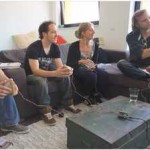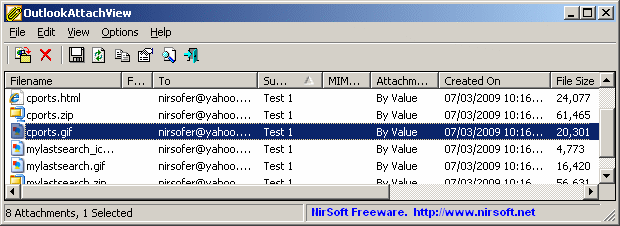Interesting article by Orit Shaer and Eva Hornecker. “In the last two decades, Tangible User Interfaces (TUIs) have emerged as a new interface type that interlinks the digital and physical worlds. Drawing upon users’ knowledge and skills of interaction with the real non-digital world, TUIs show a potential to enhance the way in which people interact with and leverage digital information. However, TUI research is still in its infancy and extensive research is required in order to fully understand the implications of tangible user interfaces, to develop technologies that further bridge the digital and the physical, and to guide TUI design with empirical knowledge.
This paper examines the existing body of work on Tangible User Interfaces. We start by sketching the history of tangible user interfaces, examining the intellectual origins of this field. We then present TUIs in a broader context, survey application domains, and review frameworks and taxonomies. We also discuss conceptual foundations of TUIs including perspectives from cognitive sciences, psychology, and philosophy. Methods and technologies for designing, building, and evaluating TUIs are also addressed. Finally, we discuss the strengths and limitations of TUIs and chart directions for future research.”
Orit Shaer and Eva Hornecker (2010) “Tangible User Interfaces: Past, Present and Future Directions”,
Foundations and Trends® in Human-Computer Interaction: Vol. 3: No 1-2, pp 1-137.
http://dx.doi.org/10.1561/1100000026




